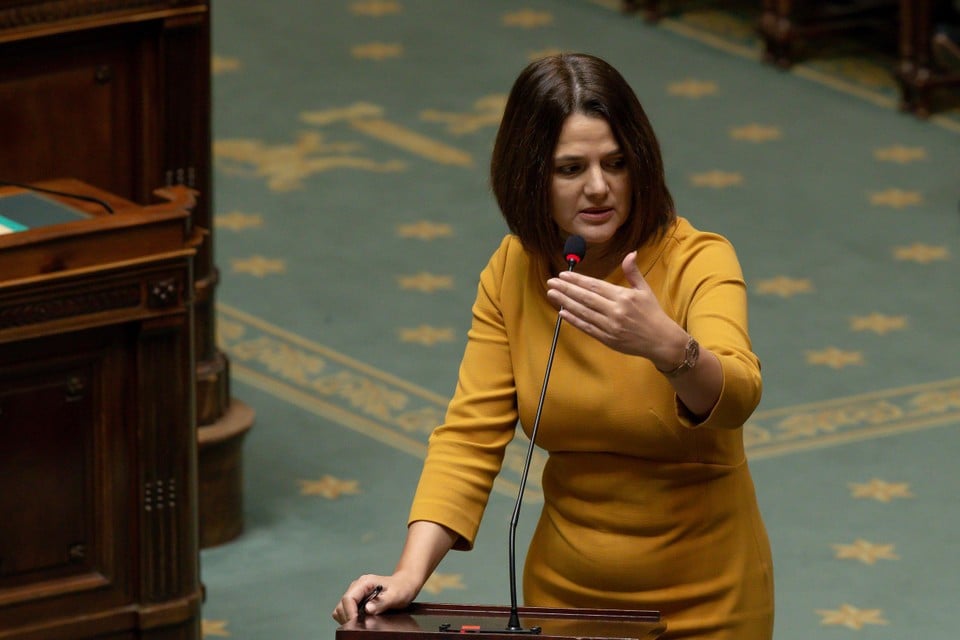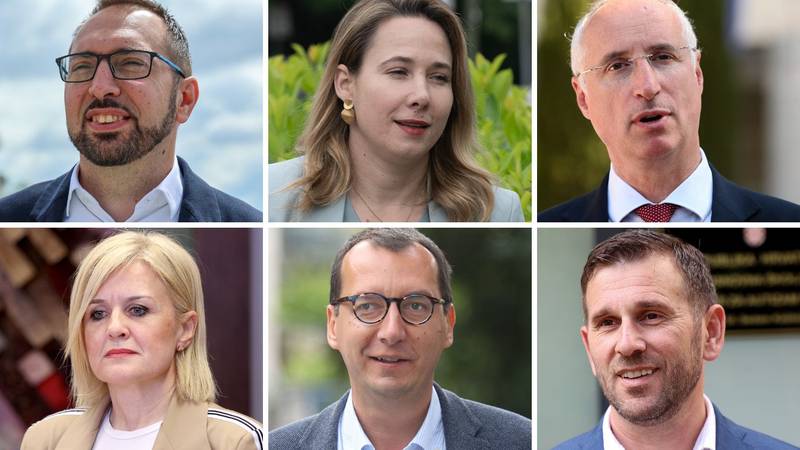It costs life in traffic: Yet more drops that

Young people must meet traffic injured
To get more young people to use harness and generally think more about their behavior in traffic, the Council for Safe Traffic lets young people in schools and youth education meet people who have either been injured in a traffic accident or who have lost a close relative in an accident.
The effort is called Safe Traffic Live. And since the turn of the year, the GF Foundation, which works purposefully to strengthen road safety and promote good traffic behavior, has chosen to support the effort. This means that about 40,000 students in the country’s 8-10. Classes, in vocational education and in colleges during 2025 will hear a lecture to influence their behavior in traffic.
Safe traffic live is cool a project because it affects a generation’s view of road safety and because it is an effective way to communicate to the target audience. The young people are the future, and if they get some good habits from starting to travel in traffic, then hopefully they take them with them the rest in their lives. That is why we see the lectures as a long -term investment in the traffic safety of our all, says Helle Nielsen, Head of GF Foundation.
Evaluations of previous lectures have shown that the personal accident stories go under the skin of young people. About 7 out of 10 students respond for up to one year after the lecture that they have asked friends and/or family to wear a harness if they had not tightened the seat belt.
Young people can feel immortal and it is dangerous in traffic. But at the same time, they have an open mind, are curious and are influenced by the tales of others. Therefore, we know that it works when they meet a human face to face who tells how they have broken their lives and life dreams because they did not think about in traffic. When the GF Foundation now supports the project, even more in the future will become more secure in traffic, and I am grateful for that, says Jakob Bøving Arendt, CEO of the Council for Safe Traffic.








